From Lost in Translation to Finding My Voice
How I got my start in learning languages and learned even more about myself.
I was born and raised in a monolingual, English-speaking American household. But like many others, my family's history didn't originate in America. From a young age I remember hearing stories of Ireland, a place still referred to as 'home' by many in my family. In my frequent visits to my Polish grandmother's house, I grew up knowing that Grandma never felt cold, she always felt zimno, the Polish word for cold. My connection to other cultures and countries wasn't found in percentages listed as DNA test results or old photos tucked away in a box. My connection to my family's past was always there in my present.
This led to me growing up with a constant sense of who I could have been and how my life would have been different had I grown up in one of these other cultures that I could feel and see through the veil of my American family's immigrant heritage. I struggled with that feeling for many years. A sense of 'the grass is always greener' paired with a feeling of insecurity that Americans and foreigners alike would think my sense of connection to places I had never been was strange.
I was always fascinated by languages. The thought that what sounded like a mix of incomprehensible sounds to me could hold meaning for someone else always amazed me. As a child, I often asked my grandmother to teach me Polish, which would usually result in the addition of new fruit or vegetable words to my limited repertoire. When I started taking Spanish lessons in school at age six, I was hopeful and excited about joining the exclusive club of people who could unlock meaning from what seemed to me like disparate letters. However, those same classes that once excited me ended up stripping me of my belief that I could someday be bilingual.
I quickly found myself lost in a sea of vocabulary. Dog, perro. Cat, gato. Door, puerta. Window, ventana. Numbers, colors, and words trying to fill spots in my brain already occupied by their English equivalents.
And then, there was doubt: How could I learn another language? Childlike naivety faded as the years went on, and my hope dwindled. By the time my classes began to delve into grammar and conjugation, I had found myself completely lost. I attended the classes and completed the assignments just to get by, but I had no understanding of the words on the page before me. When I was fourteen, I was able to switch from Spanish to French, which helped a bit simply because I was back at square one with all of my peers. We were all beginners again. I hadn't been left behind… But still, I didn’t feel any closer to really understanding and I certainly couldn’t say more than the mock conversations we were asked to memorize and recite.
As a result, I reached adulthood with the belief that many monolingual speakers hold: Multilingualism is a magical gift you’re either born with or you’re not. And I like the majority of people around me were simply not born with that gift, nor did I have the luxury of being taught at a young age. I missed my chance.
However, the interest always lived in the back of my mind.
A month after my 19th birthday, I moved to New York City and attended a college with nearly as many students from abroad as from the U.S. Multilingualism was everywhere and I continued to look on in awe of their abilities.
I’ve always felt a strong connection to Ireland and Irish culture. That paired with my view of languages meant that the Irish language was always fascinating to me. On a trip to Ireland in 2019, even the smallest traces of the language caught my attention. Every street sign was bilingual, yet I found myself longing to understand both languages. It felt like I was catching a glimpse into a secret world.
Shortly after returning to America, I downloaded Duolingo and began researching how to learn a language. Very quickly, I felt overwhelmed and uncertain. There was an infinite amount of information to learn. How could I possibly go from writing out the names of colors to being able to truly use and understand the language? I was reminded that I was not born with the gift of linguistics. So I gave up.
But more than ever, the desire to learn was burning in the back of my mind. Cut to January 2020. In typical New Year fashion, everyone shared their plans to take advantage of the fresh start in order to change their lives. The typical buzz of resolutions felt somehow intensified by the start of a new decade. There was an energy of transformation in the air. I found myself thinking, what do I want to do? Who do I want to be? That curiosity of what would have happened if I hadn’t given up on learning Irish weighed on my mind.
Needless to say, I gave it another try. And this time, it stuck.
Since then, the Irish language has become a massive part of my life. I have spent time in the Gaeltacht (Irish speaking region in Ireland), attended countless classes, workshops, and events. Much of my social life in New York city consists of Irish language events and I’ve made a lot of friendships through the language. I went from being terrified of even trying to say a word out loud to feeling like I couldn’t remove Irish from my life if I tried.
Learning the Irish language helped me learn so much about Ireland, Irish culture, Irish history, and myself.
My Irish American identity finally made sense to me in a way it never had. However, that feeling of wholeness also brought a sense of loss. I am half Irish... and I am half Polish. And yet, I never felt the same connection to my Polishness as I did my Irishness. I know that generational trauma and the events that brought my Polish family to the U.S. are at the core of this loss of identity. But my experiences with Irish inspired me to connect with Polish in the same way.
So in January 2023, I began my Polish language journey. As I began to learn my second language, I thought I had already uncovered all of the mysteries and techniques of learning a language. But much like my journey with Irish, beginning in the now ominous months before the COVID-19 pandemic, life took a few unexpected turns that changed the way I saw language learning and life itself.
Learning languages has transformed my life through the connections I’ve made and experiences I’ve had which were only possible through other languages. It has also fostered personal growth by pushing me out of my comfort zone and forcing me to redefine what I think I’m capable of.
I’ve had the unique experience of both learning a language rather quickly and as well as wondering if I’ll ever move past the beginner stage. Both of those experiences have shaped me profoundly as a person and I’m excited to share my ongoing journey with languages and life.
Welcome and thank you for joining me on this journey! ✨
Do you feel a similar connection to your heritage? I’d love to hear your story in the comments! and give this post a like if you enjoyed it! ❤️
More from Foghlaimeoir:
Irish language version of this article.
Why I Don’t Apologize for Being 'Bad' at Speaking Languages


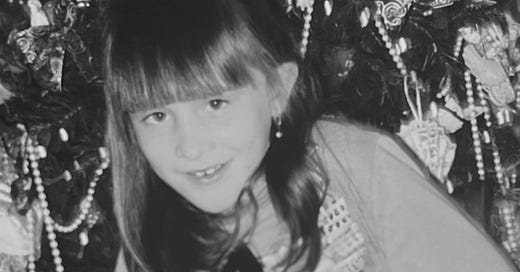


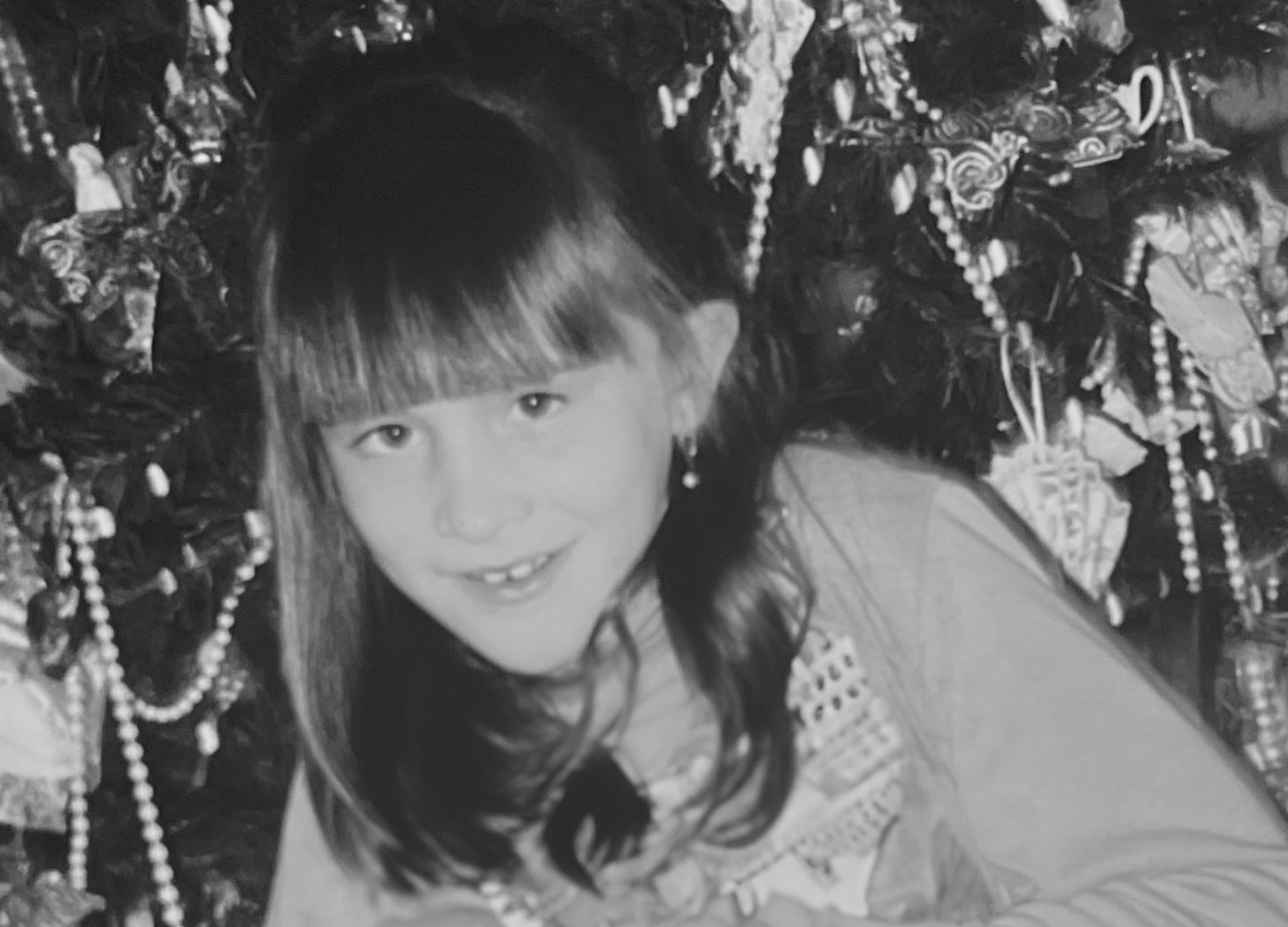
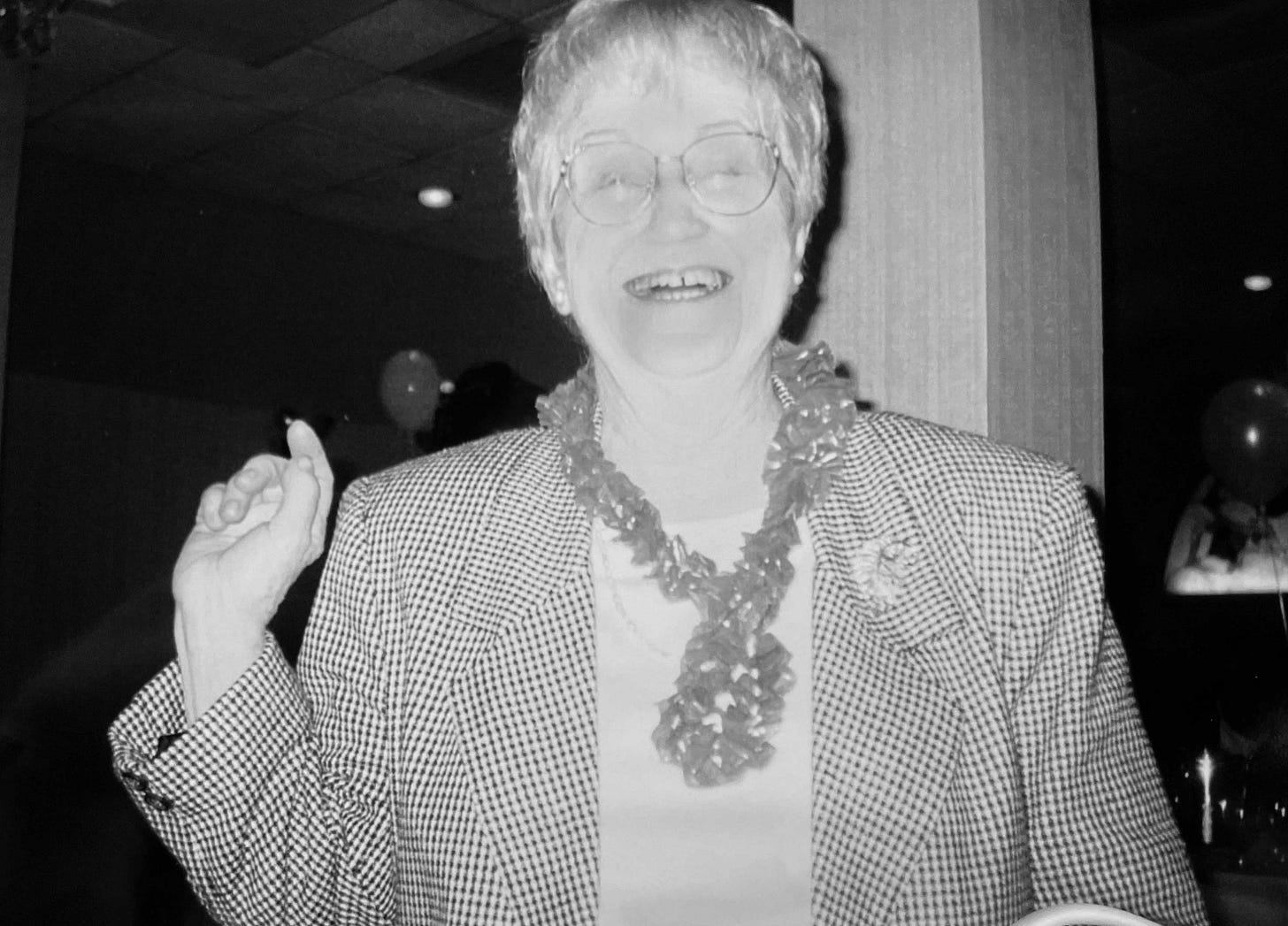
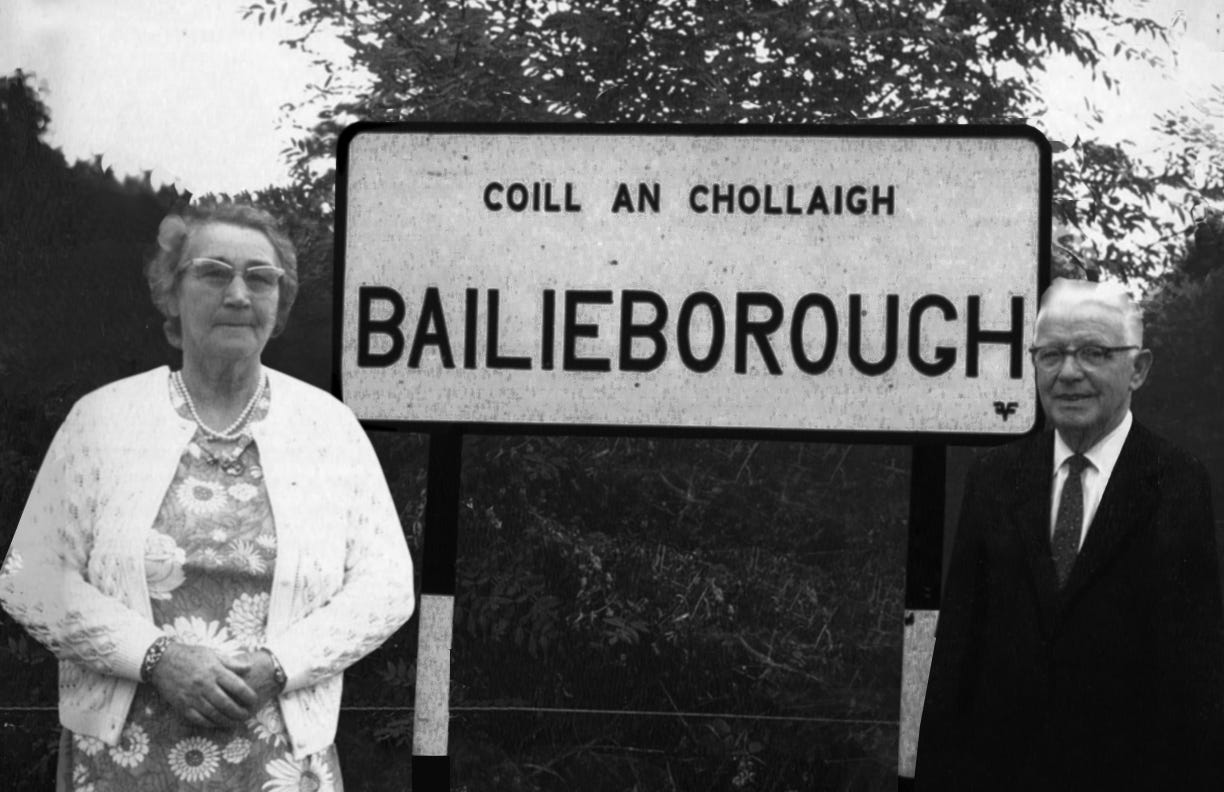
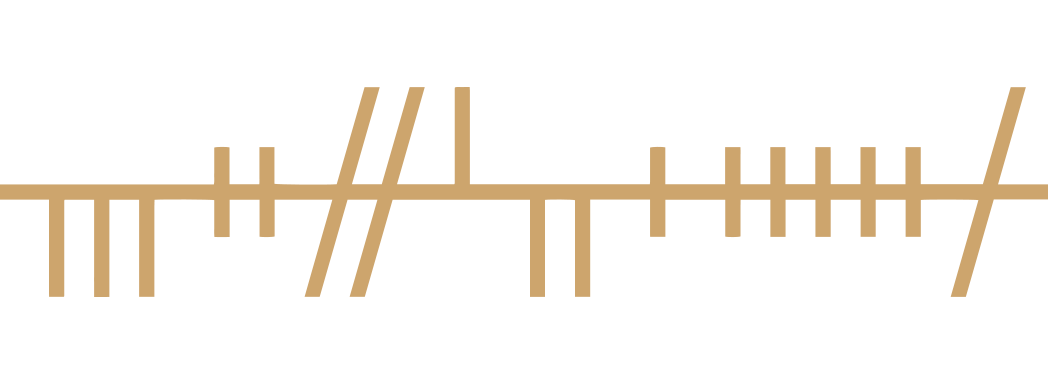
To begin to understand a culture more completely, learning the indigenous language is core. Having a shared language gives a deeper sense of belonging which is absent in the lives of many.
I believe that descendents of immigrants carry with them the ancestral sorrow and often trauma of being uprooted from their native place. Learning ancestral languages restores that sense of belonging and community. At core, belonging is what makes us human and the ability to function within community is likely expressed in our DNA
Táim ag súil le tuilleadh a léamh faoi do thuras Gaeilge
Maith Thú Briana for doing this. Sílim more Irish Americans should talk about their experiences 😃